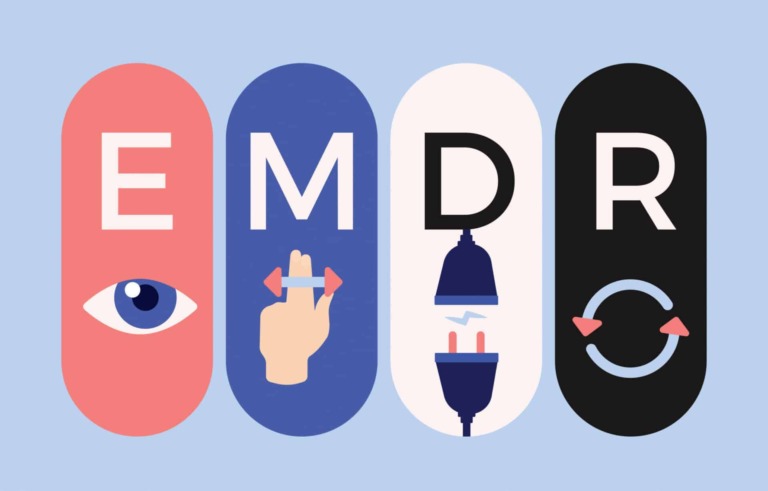In recent years, EMDR therapy has gained attention as an effective treatment for trauma and a range of mental health conditions. But what exactly is EMDR, and why might it be a good option for you or a loved one?
What is EMDR Therapy?
EMDR, which stands for Eye Movement Desensitization and Reprocessing, is a psychotherapy technique that helps people process distressing memories. It was developed by Francine Shapiro in the late 1980s and has since been supported by extensive research. Unlike traditional talk therapy, EMDR uses bilateral stimulation—often in the form of eye movements—to aid in the processing of traumatic memories.
How Does It Work?
During an EMDR session, a therapist guides you through recalling a distressing event while simultaneously directing your eye movements. This process is thought to mimic the brain's natural healing mechanisms, similar to what occurs during the REM sleep cycle. By doing so, EMDR helps to "re-process" traumatic memories, reducing their emotional charge and enabling you to integrate them into your life in a healthier way.
Why Choose EMDR?
Effective for Trauma: EMDR is particularly well-suited for treating PTSD and other trauma-related conditions. Many individuals experience significant improvements after just a few sessions, making it a time-efficient therapy option.
Speed: My experience doing EMDR therapy is that clients experience significant improvement much more quickly than with other treatments. What may take months or years in traditional talk therapy can often be accomplished in days or weeks.
Holistic Approach: EMDR does not require detailed verbal recounting of traumatic events, which can be a relief for those who find it difficult to talk about their experiences. This makes it accessible to a wider range of people, including those who are non-verbal or have difficulty expressing themselves.
Versatile Applications: While EMDR is most commonly associated with trauma, it is also effective for anxiety, depression, panic disorders, and phobias. Its versatility means it can be tailored to individual needs, addressing a variety of mental health issues.
Scientifically Supported: Numerous studies and endorsements from organizations like the American Psychological Association and the World Health Organization back the efficacy of EMDR. Knowing that this therapy is scientifically vetted provides reassurance to those considering it.
Empowering Process: EMDR empowers you to take control of your healing journey. By addressing the root causes of distress, rather than just the symptoms, it promotes long-term wellness and resilience.
Is EMDR Therapy Right for You?
If you are dealing with the aftermath of trauma or struggling with mental health issues, exploring EMDR therapy could be a beneficial step. Consulting with a qualified EMDR therapist like myself can help you to determine if this approach aligns with your healing goals.
EMDR therapy offers a unique and effective path to healing that has transformed many lives. Its innovative approach to processing trauma and distress makes it a valuable tool for those seeking relief from emotional pain. Contact me if you would like to learn more or find out if EMDR therapy would be a good option for you.


